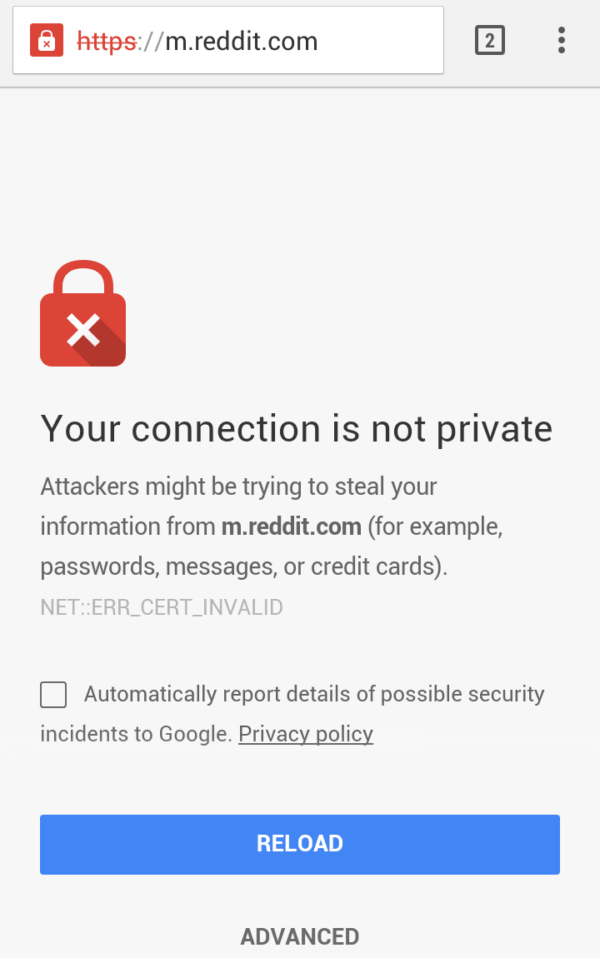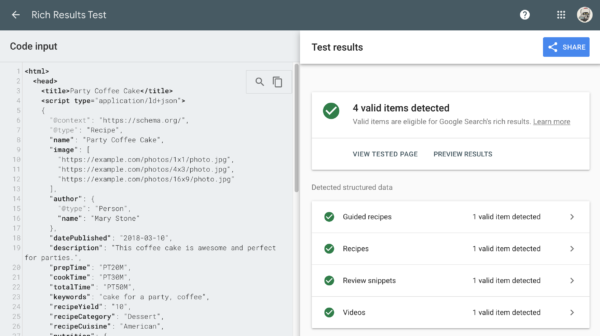In the ever-evolving realm of the internet, mastering the art of Search Engine Optimization (SEO) is key to steering your online presence in the right direction. But, oh boy, do we encounter some technical roadblocks on this journey!
Today, I’m here to be your digital mechanic, guiding you through the Top 10 Technical Issues in SEO and handing you the wrench to fix them.
Let’s rev up those engines and hit the virtual highway of SEO success!
Slow Loading Speeds: The Need for Speed
Imagine this: you visit a website, and it takes forever to load.
Frustrating, right?
Well, search engines think so too. A slow-loading site can tank your SEO efforts.
The solution?
Optimize images, leverage browser caching, and consider upgrading your hosting plan. A snappy website not only pleases users but also earns brownie points with search engines.
Mobilegeddon: Ignoring Mobile Responsiveness
Mobile devices rule the online world. If your site isn’t optimized for mobile, you’re missing out on a massive chunk of traffic. Google favors mobile-friendly sites, so ensure your design is responsive. Embrace the mobile revolution, and watch your SEO soar.
Crawling: Broken Links and Redirect Madness
Search engines crawl through your website to index its content. Broken links and improper redirects can confuse these crawlers, leading to poor rankings. Conduct regular link audits, fix broken links, and set up proper redirects. A seamless navigation experience is not just user-friendly; it’s search engine-friendly too.
SSL Struggles: The Importance of a Secure Connection
In the age of cyber threats, having a secure website is non-negotiable. Google has made SSL certification a ranking factor, and users look for that reassuring padlock icon. Install an SSL certificate, secure your data, and let Google know your website is a haven.

Duplicate Content: One Too Many
Duplicate content is an SEO sin. Search engines get confused about which version to index, leading to ranking issues. Use tools like Screaming Frog to identify duplicate content and canonical tags to tell search engines which version is the primary one. Keep it unique, keep it fresh.
Thin Content Blues: Quality Over Quantity
Content is king, but not just any content. Thin, low-quality content can harm your SEO efforts. Beef up your pages with informative, relevant content. Google loves in-depth, valuable information.
Quality over quantity is the mantra here.
Unoptimized Images: The Weight of Visuals
Images are essential for engaging content, but if they’re not optimized, they can drag down your site’s performance. Compress images, use descriptive file names, and include alt text. Not only does this improve SEO, but it also enhances accessibility for users with visual impairments.
Schema Markup: Speaking the Search Engine Language
Schema markup is like a secret code that helps search engines understand your content better. If you’re not using it, you’re missing out on rich snippets in search results. Implement schema markup to highlight key information and boost your visibility in search.

Ignoring XML Sitemaps: A Map for Crawlers
Your website’s XML sitemap is the roadmap for search engine crawlers. If it’s missing or outdated, search engines might miss important pages. Regularly update and submit your XML sitemap to Google Search Console, ensuring that every nook and cranny of your site is explored and indexed.
Neglecting Analytics: Data-Driven Detox
SEO without analytics is like navigating a ship without a compass. Track your website’s performance using tools like Google Analytics. Monitor user behavior, track conversions, and adjust your strategy based on real data. A data-driven approach ensures you’re always on the right course.
Conclusion:
And there you have it, fellow digital adventurers!
Tackling these technical SEO issues will undoubtedly set you on the path to online success. Remember, SEO is a journey, not a destination. Regular maintenance, updates, and staying ahead of the digital curve will keep your website in top shape.
FAQs:
Q1: How often should I conduct an SEO audit?
A1: Conduct a comprehensive SEO audit at least once a quarter. Regular check-ups help you identify and fix issues before they snowball into bigger problems.
Q2: Can I ignore mobile optimization if my target audience primarily uses desktops?
A2: Nope! Mobile optimization is crucial. Google considers mobile-friendliness as a ranking factor, and it directly impacts user experience.
Q3: Why is SSL important for SEO?
A3: SSL establishes a secure connection between your website and users. Google considers it a ranking factor, and users trust secure websites more.
Q4: How can I improve my website’s loading speed?
A4: Optimize images, leverage browser caching, use a content delivery network (CDN), and consider upgrading your hosting plan for faster loading times.
Contact Us:
Got questions or need help navigating the labyrinth of SEO?
Don’t hesitate to reach out to us at +91-9894475520. Our team at Visual Kiwi is here to guide you through the digital landscape, ensuring your online success.
Let’s conquer the SEO challenges together!













